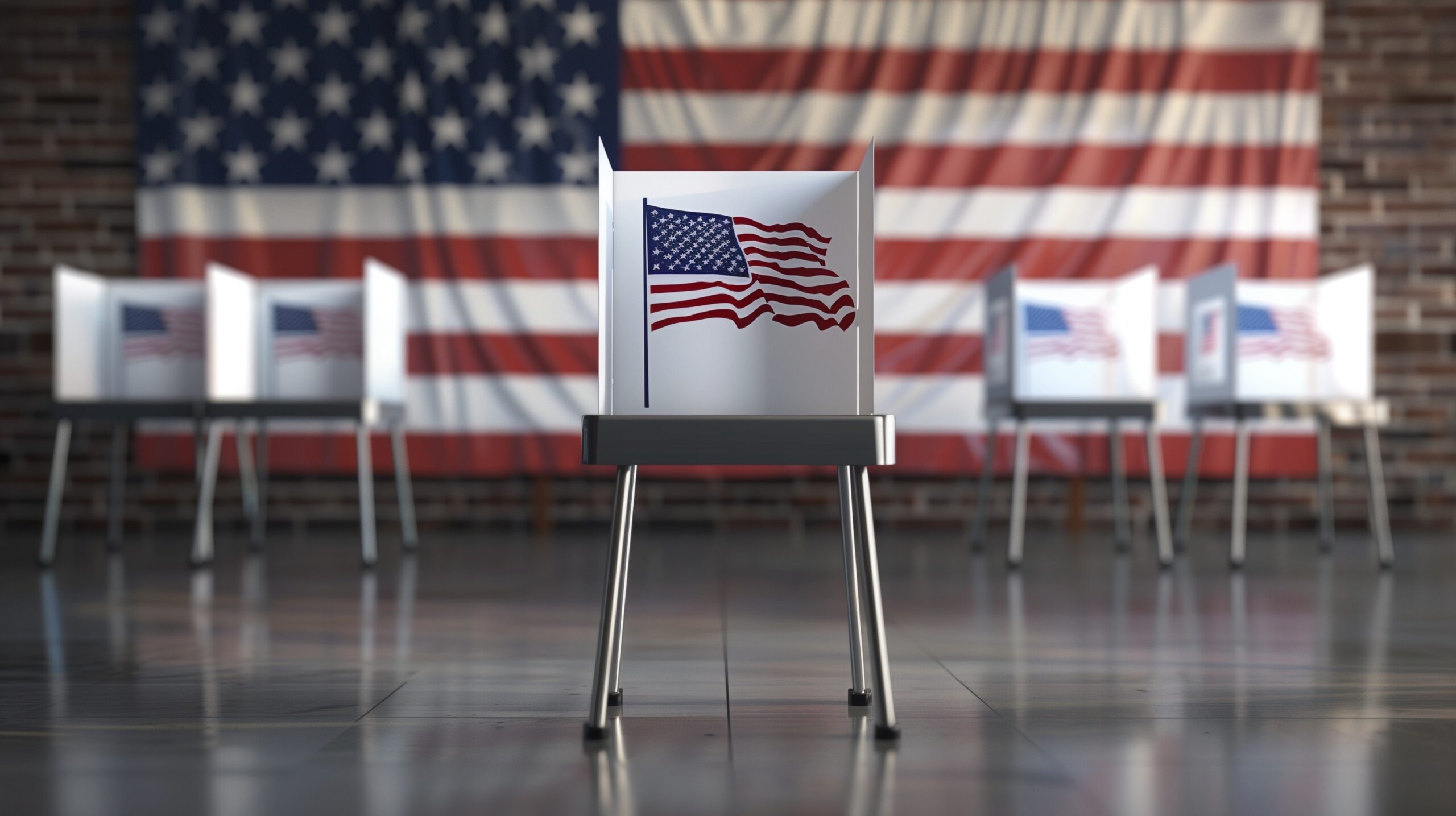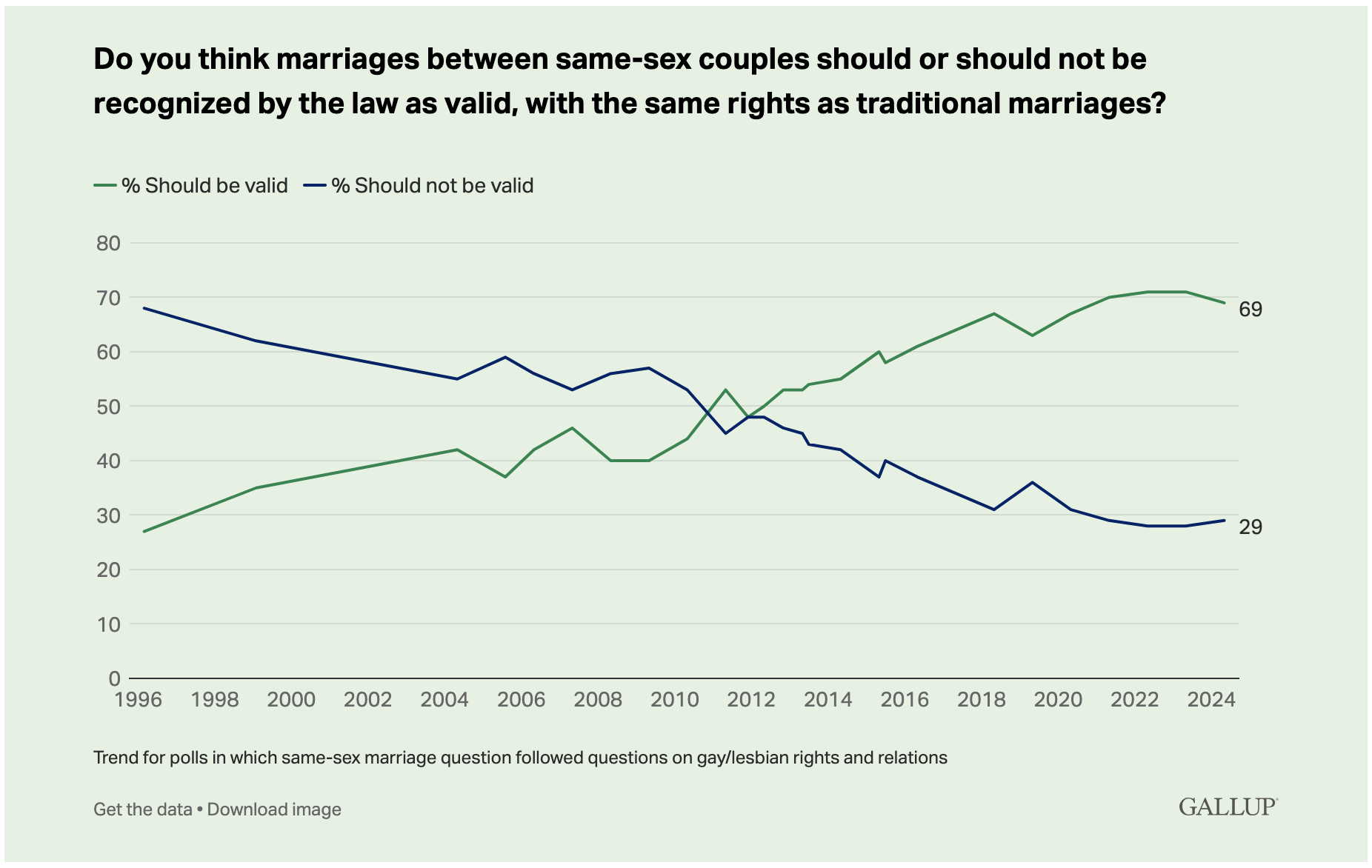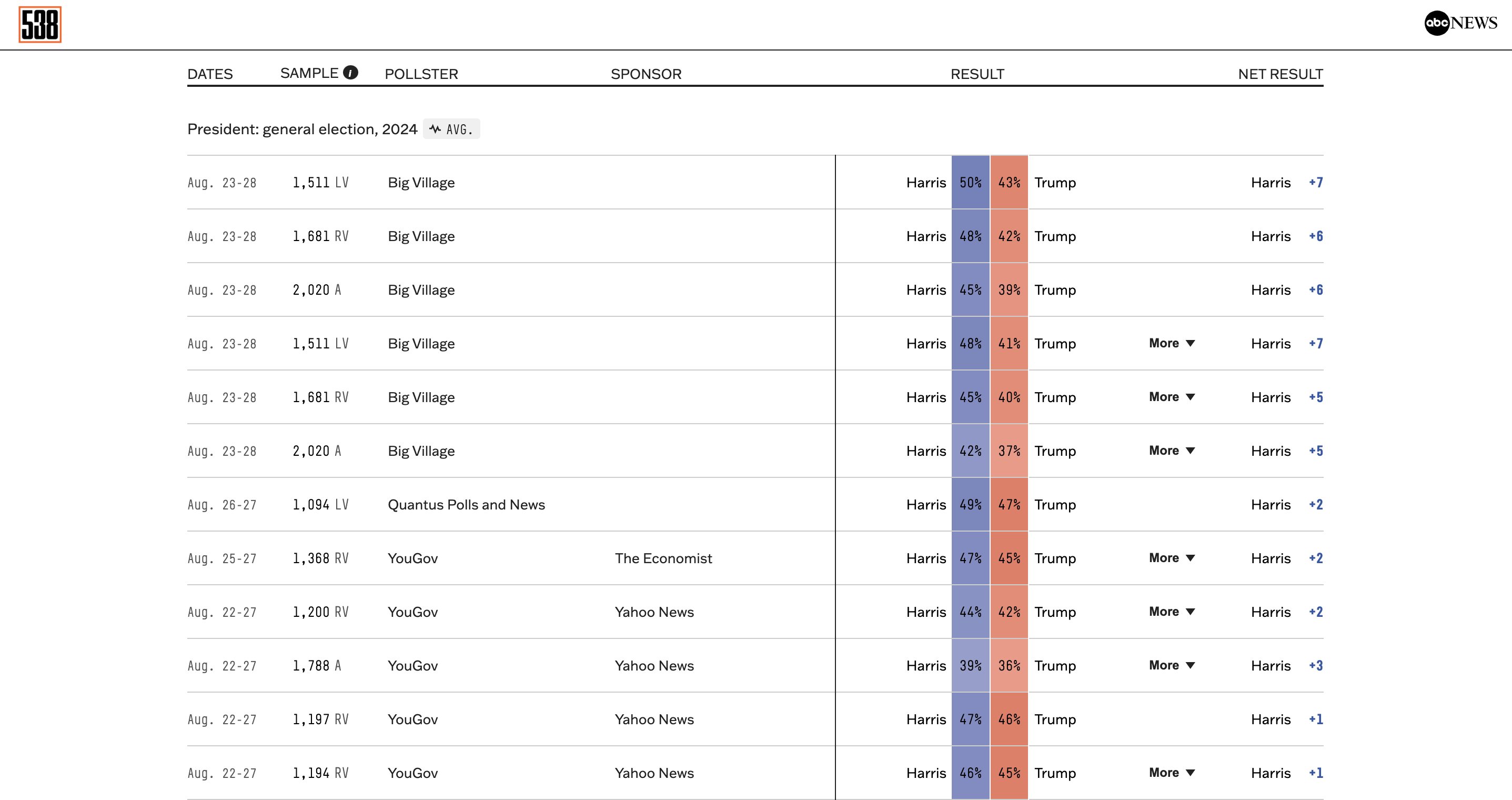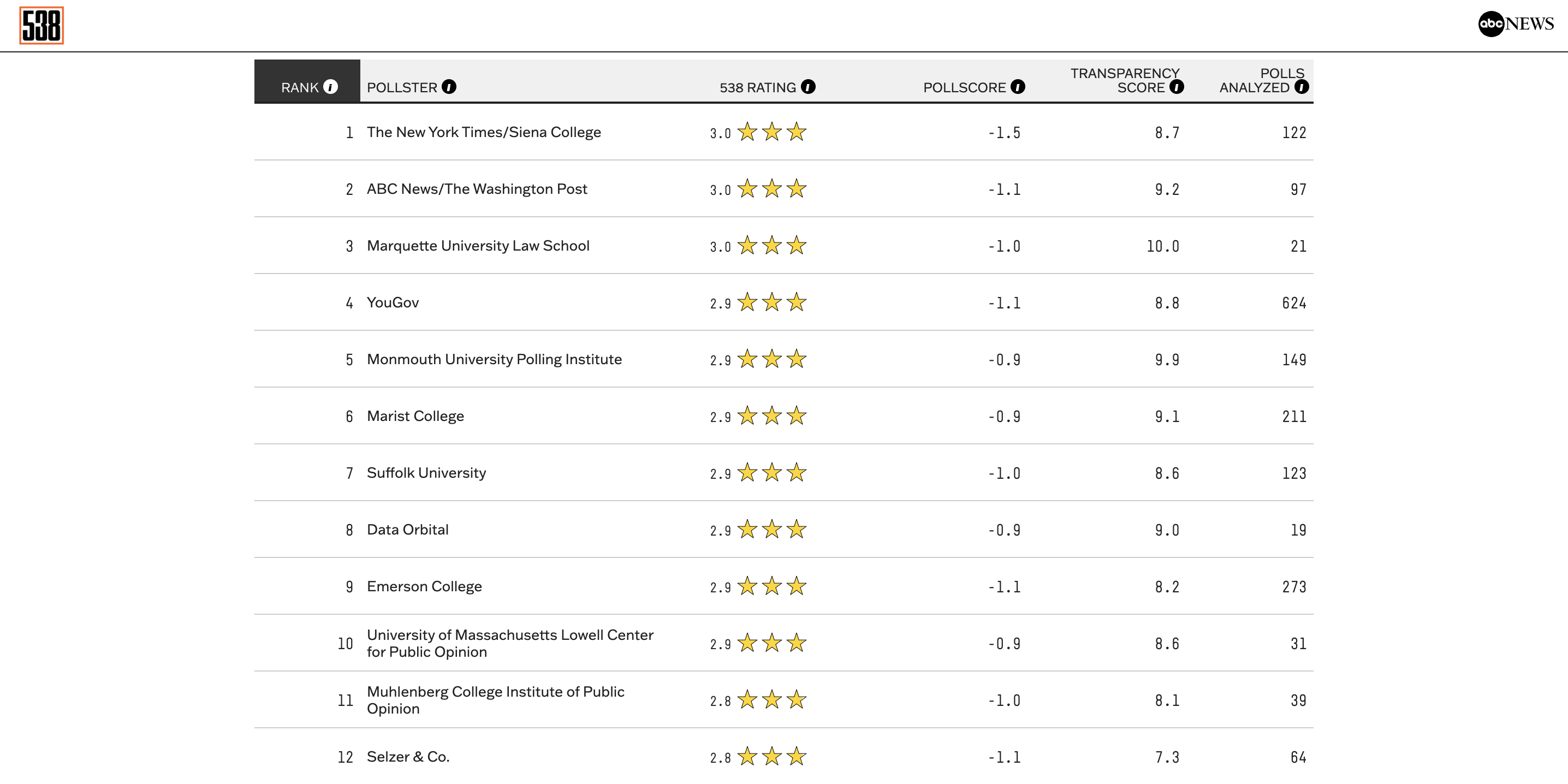The Role of the Insights Industry in a Democratic Society: Ensuring Free, Fair, and Impartial Elections
The insights industry plays an important role in the electoral process across democratic societies. Learn more about their role and the challenges they face.
Why Qualitative Research is Essential in Market Research (and How EthOS Elevates It)
Discover why qualitative research is such an important part of market research and how OvationMR's tool EthOS can help. By: Anne Collins Date:...
Why AI Tools Built by Researchers Make a Difference
Learn more about AI-powered market research tools and why tools build by researchers for researchers are leading the charge. By: Erik Larson Date:...
Introduction
A democratic society is one governed by the will of the people—and free, fair, and impartial elections are a cornerstone of that. When ensuring a free, fair, and impartial election process, a few things remain true: the media must be free to report, voting must be accessible, and polling must be public and transparent.
As a whole, the insights industry—market research, polling, data analytics, and public opinion research—is a key indicator of a free society. The ability to freely poll citizens and publicly share the results of those polls, especially as they relate to elections, is an important process.

Throughout this article, we’re going to dig into the role of the insights industry in upholding democratic principles and how transparency in polling plays a big part in keeping elections fair.
The Role of the Insights Industry in Election Processes
As we approach the 2024 election cycle, everyone wants to know, “Who’s in the lead?” or “Who’s going to win?” And the main way we pinpoint this data is through polling.
This means the insights industry plays an important role in the democratic process through its transparency about public opinion. Top political polling companies and research firms conduct polls and surveys that help us gather ideas around voter sentiment.
Not only do these insights help voters get a sense of how the candidates are stacking up against each other, but they also help the candidates, parties, and the media make informed decisions on the campaign trail.
Let’s dig deeper into some of the ways that the insights industry makes an impact on the election process.
1. Informing Voters and Candidates
More than just satisfying the, “Who’s the most popular candidate?” question that’s always reeling through everyone’s mind, these political insights also help voters get a clear understanding of where the candidates stand on various issues.
By sharing public opinion polls, voters are able to see not just each candidate’s policy positions, but the popularity of said positions.
For example, we have public polls like the following that showcase how Americans feel about certain issues—in this case, same-sex marriage:



Ethical Considerations and Challenges
The insights industry plays an important role in a democratic society—but that doesn’t come without its own ethical considerations and challenges. The following challenges must be addressed in order for pollsters to gain and keep public trust.
Maintaining Impartiality
First and foremost, polling companies must remain impartial and unbiased throughout the entire process. The moment that a pollster even gives the appearance of having a political preference or showing any kind of favoritism towards a candidate, they lose all credibility.
After all, how can anyone trust their polls, knowing that they have a stake in the outcome? Political polling companies must adhere to a strict code of ethics that includes methodological transparency and commitment to objectivity.
Avoiding the Bandwagon Effect
Polling data can often have its own subconscious impact on the general public, causing undecided voters simply to lean towards a candidate because they are leading in the polls. This is called a “bandwagon effect.”
Polling companies must keep this in mind and ensure they’re being as objective as possible as they present the data. This includes sharing disclaimers about margins of error, methodology, and more, so that voters don’t take the polls as fact and feel pressured to conform to what they perceive as majority opinions.
Dealing with Data Privacy
Finally, these polling companies must also put a heavy emphasis on data protection throughout their work. The industry is collecting and analyzing vast amounts of data to keep up with the ever-changing political landscape. Some political polling companies are updating results on the daily.
This means data privacy must be of critical concern. These companies need to do everything in their power to prevent breaches that could not only lead to the manipulation of electoral outcomes but also erode public trust in the insights industry’s ability to safely do their jobs.
The Takeaway
As we get closer and closer to the 2024 election, it’s important for consumers to be kept in-the-know when it comes to political polling processes and results. While still working to eliminate bandwagon effects and maintain impartiality, these polling companies also have a duty to keep voters informed of the overall political landscape.
This essential role comes with its own responsibilities and ethical challenges that the pollsters must overcome to continue upholding the integrity of the democratic process and maintain public confidence throughout.

Let's Work on Your Next Market Research Project
Get started with your next initiative
Follow
OvationMR


